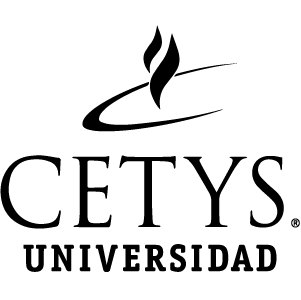https://repositorio.cetys.mx/handle/60000/1818| Título : | New directions on hybrid intelligent systems based on neural networks, fuzzy logic, and optimization algorithms: studies in computational intelligence |
| Título de capítulo: | Developing a Quantum Genetic Algorithm in MATLAB Using a Quantum Device on AWS |
| Autor : | Rosales-Alvarado, Sandra Montiel, Oscar Orozco Rosas, Ulises Tapia, Juan J. |
| Palabras clave : | Algorithms;Quantum |
| Sede: | Campus Tijuana |
| Fecha de publicación : | abr-2024 |
| Citación : | Rosales-Alvarado, S.S., Montiel, O., Orozco-Rosas, U., Tapia, J.J. (2024). Developing a Quantum Genetic Algorithm in MATLAB Using a Quantum Device on AWS. In: Melin, P., Castillo, O. (eds) New Directions on Hybrid Intelligent Systems Based on Neural Networks, Fuzzy Logic, and Optimization Algorithms. Studies in Computational Intelligence, vol 1146. Springer, Cham. |
| Resumen : | Numerous current research trends are dedicated to harnessing the inherent attributes of quantum physics, particularly superposition and entanglement, for various computational applications. Unfortunately, the current state of quantum devices underscores the pressing need for increasing stability and noise immunity in the actual quantum devices. Today, quantum computing applications, such as quantum metaheuristics, use a hybrid scheme because of the problems above. In general, metaheuristic algorithms have found extensive use within computer science for addressing optimization challenges that are inherently intractable using conventional methods. Unfortunately, certain problems can demand extensive time to arrive at a solution, spanning from days to years. Quantum computing presents a promising avenue for tackling such problems, as it offers the potential to exponentially reduce solution times by leveraging its inherent quantum parallelism and other quantum phenomena. The proposed approach integrates MATLAB, a quantum genetic algorithm, quantum simulators, and access to quantum devices via Amazon Braket. The methodology is exemplified through the implementation of a basic genetic algorithm. Furthermore, experimental findings underscore that the quantum genetic algorithm yields comparable results and achieves them with fewer generations. This underscores the efficiency of the quantum genetic algorithm methodology when contrasted with its classical counterpart. Unfortunately, there still exist significant latency times between classical computing and the quantum device. |
| URI : | https://repositorio.cetys.mx/handle/60000/1818 |
| Aparece en las colecciones: | Capítulos de Libro |
| Fichero | Descripción | Tamaño | Formato | |
|---|---|---|---|---|
| imagen 1.png | 79.03 kB | image/png |  Visualizar/Abrir |
Este ítem está protegido por copyright original |
Este ítem está sujeto a una licencia Creative Commons Licencia Creative Commons


